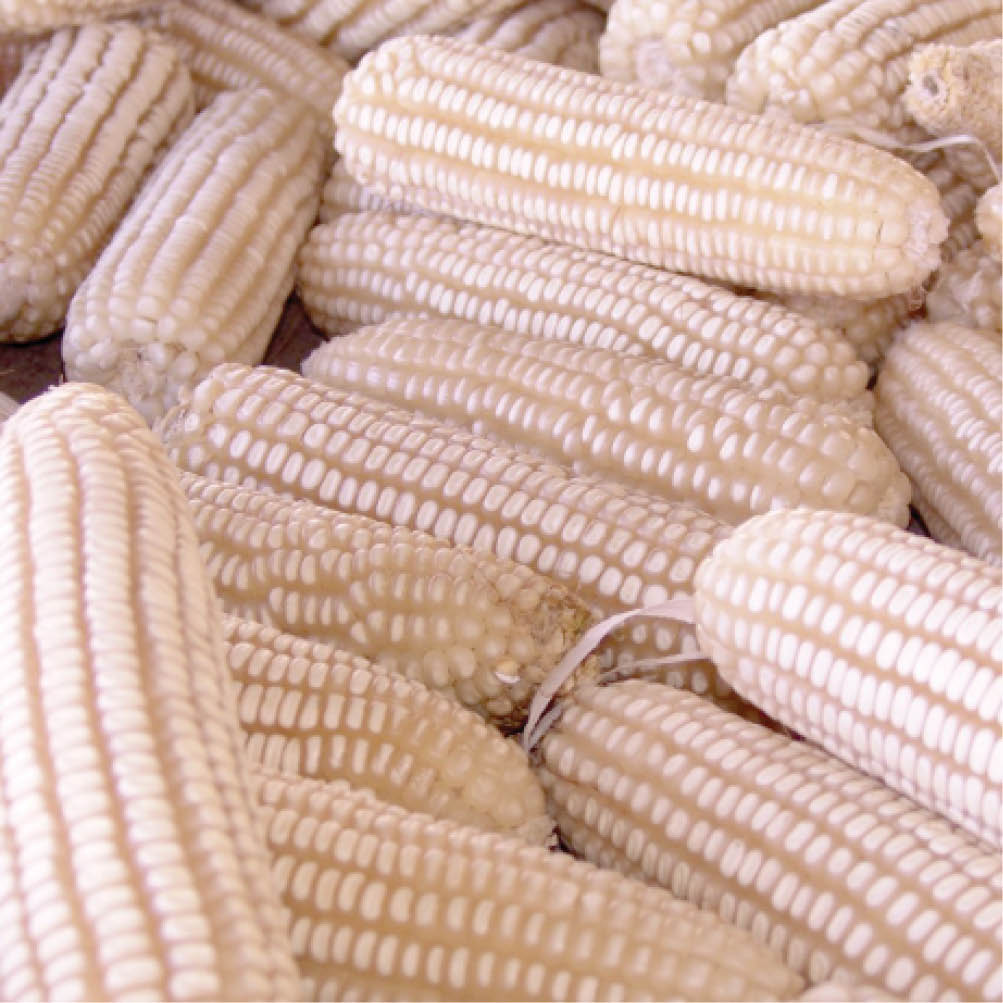Collaboration key to achieving Nigeria’s commercial maize transformation
Key players within Nigeria’s maize value chain have recognised that collaboration and stakeholders’ involvement are crucial elements in achieving the country’s commercial maize transformation. This submission was made at the 5th edition of the Nigeria Maize Conference organised by Bayer in collaboration with the Maize Association of Nigeria. The event, which served as a pivotal […]

Nigeria’s maize production line needs more attention from relevant stakeholders
Key players within Nigeria’s maize value chain have recognised that collaboration and stakeholders’ involvement are crucial elements in achieving the country’s commercial maize transformation.
This submission was made at the 5th edition of the Nigeria Maize Conference organised by Bayer in collaboration with the Maize Association of Nigeria.
The event, which served as a pivotal platform for exchanging knowledge, sharing experiences, and fostering partnerships to address the challenges and capitalise on the opportunities within the Maize Value Chain, attracted renowned experts, industry leaders, government officials, farmers, and other stakeholders dedicated to promoting the growth and development of the maize industry.
Country Sales Manager, Bayer Nigeria Ltd, Temitope Banjo, said the conference was a platform for interaction and networking among growers, aggregators, processors, industry professionals, and policymakers.
- ‘Anikulapo’ wins Overall Best Movie at 2023 AMVCA
- Kebbi with least enrolment as 11,350 teachers write qualifying exams
“Our efforts are focused on fostering collaboration, providing innovative solutions, and driving positive change across the entire agricultural value chain.”
Chairman of the Conference and President of the Maize Association of Nigeria, MAAN, Dr Bello Abubakar, stressed on the importance of collaboration for commercial growth and development.
He mentioned that MAAN has actively collaborated with the government, Bayer, and other partners in supporting the Nigeria Maize Farmers with inputs (seeds, herbicides, and insecticides) and agronomic services. This cooperation, he noted, has created employment opportunities, bridged the gap between input suppliers and farmers, and transformed rural economies.
Furthermore, he highlighted that joint cooperative effort among key stakeholders in the industry led to the Federal Government’s establishment of the Anchor Borrowers Scheme, championed by the Central Bank of Nigeria. He added that this scheme thus far, has successfully narrowed the gap between production and supply ultimately making Nigeria the leading maize producer in the region, surpassing South Africa, Ethiopia, and Egypt.
Interim Coordinator of Nigeria Commodity Exchange, Elenwor IHUA, noted that “Maize is one of the focal commodities of the exchange and the bulk of its trade in recent times has been on maize. Moreover, over 80 per cent of maize traded by the exchange is to Agro-feed Millers and Poultry Farmers.”
The event featured a series of engaging panel discussions, and thought-provoking keynote addresses by renowned experts in agriculture.
